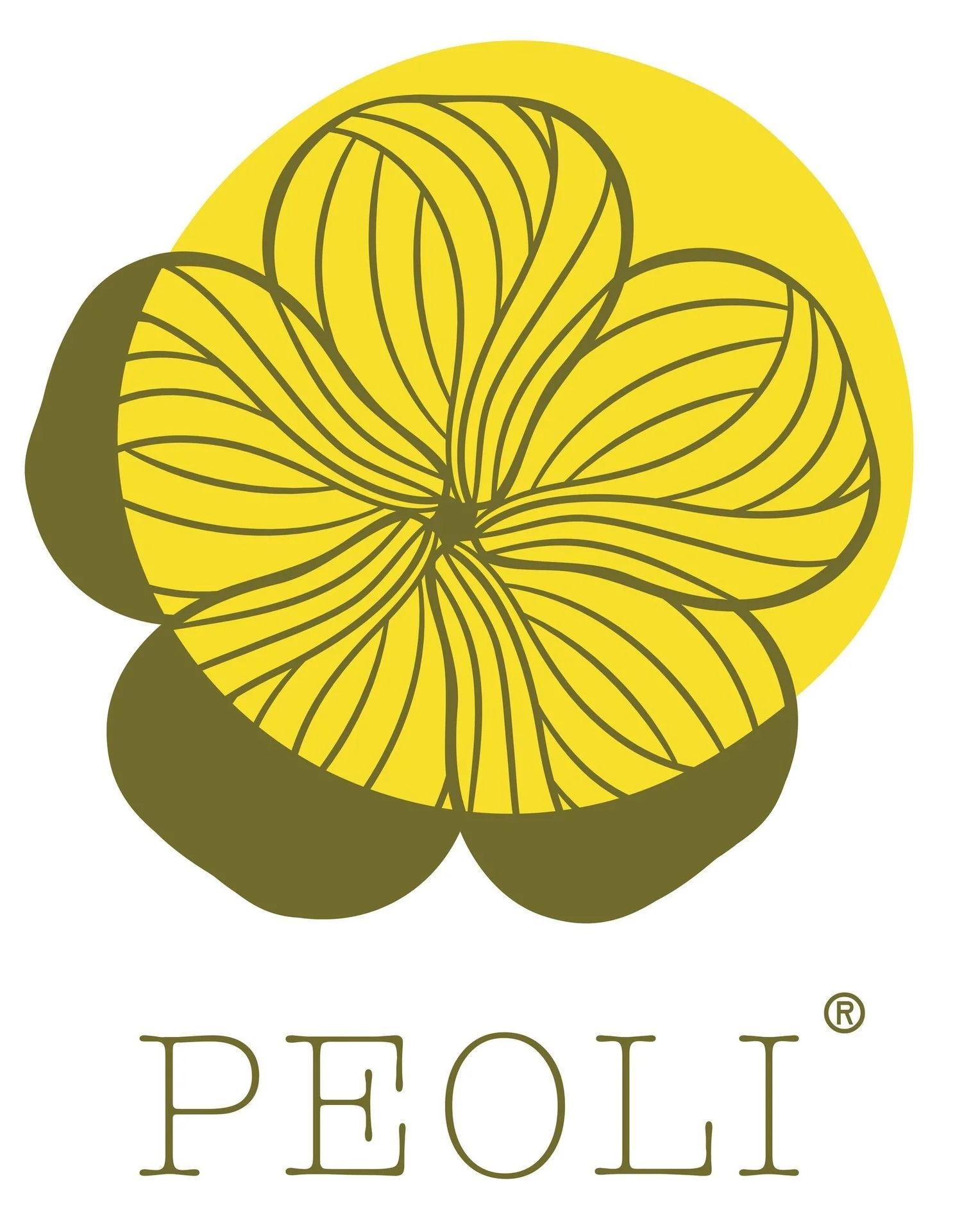Inspired By Nature And Tradition, Driven By Social Impact
Abhinav Dhoundiyal grew up in Almora, Uttarakhand, a town known for its cultural heritage and magnificent flora and fauna, situated on the edge of the Himalayan mountains in northern India. As a child, Abhinav enjoyed watching his grandmother knit, a skill that has been passed down through the generations.
Abhinav eventually went on to study Textile Design at the National Institute of Design (NID), where he met another student, Vasanthi Veluri. Abhinav and Vasanthi shared a passion for local crafts and nature-inspired design and together started their apparel brand, Peoli, under their company, Almora Craft Design Studio, to create livelihood opportunities for the women in Almora.
Knitting is a long-time tradition in the hilly regions of Uttarakhand, taught to many girls at a young age, but never thought to be a sustainable source of income. By tapping into the skillset of the local women and helping them finetune their craft, the Peoli team now employs over 60 women in yarn spinning, organic dyeing, knitting and embroidery.
Every step of the Peoli design and production process is inspired by the natural beauty of the region and the indigenous craftsmanship of the local community. Abhinav and Vasanthi have strived to create a positive and constructive workplace that nurtures the skills of their employees while providing a sustainable source of income for their families.
Abhinav and Vasanthi are participating in Upaya’s 2019 Livelihoods Accelerator Program and recently hosted the Upaya team at their studio in Almora. We were so pleased to meet some of their jobholders and learn about their passion for social impact.
Q. What was your inspiration for starting your company and apparel brand?
“Our education all through NID sensitized us towards the importance of handcrafts and also our responsibility towards environment. We worked on the North East Textile Documentation Project in Nagaland in collaboration with the Indira Gandhi National Centre for the Arts and NID for almost a year carefully documenting the weaving, natural dyes, jewelry, and language of many distinct Naga tribes. This intensive study helped encourage us to understand the potential of the artisans and natural resources of Abhinav's home state of Uttarakhand.
“The immense resource of hand skills in the region which were rapidly depleting, along with the absence of livelihood opportunities, encouraged us to contribute in whatever way that we could as designers to create some impact through our work with the women artisans. PEOLI is the flower that has sprouted from this interest.”
Q. What has been your biggest accomplishment with your company to date?
“Our women artisans do not have much access to the happenings of the outside world. Their humble concern is to earn enough to be able to provide for and support their family with a skill that’s familiar to them. When they learned that an overcoat jacket made by them at our organization had won the World Craft Council Award for Excellence in Handicrafts for the South Asia region for 2018, it was a proud moment for them as well as for us to see their work being recognized at an international platform. It is important that their extraordinary skills make an important statement in the field of sustainable fashion.”
Q. What has been your biggest challenge or learning so far?
“Working with women comes with its challenges of having to accommodate their family and domestic responsibilities within our work. This being a challenge, our learning has been to be patient and weigh this with the gradual change that our work brings about to their social status in their families, which is very rewarding.”
Q. What is your vision for your company?
“Our aim is to propagate aesthetics in the local craft vocabulary by allowing the craftsmen to experiment and explore their skills with pure and natural materials. This brings them a dimension closer to the actual craft tradition of the area that has probably gone extinct due to the invasive synthetic material culture. We aim to create maximum social impact while keeping a minimal environmental impact in all the processes we undertake.”
Peoli
Peoli is an apparel brand under the company Almora Craft Design Studio, built on the principles of sustainable living through sourcing organic raw materials, honoring indigenous skills, and creating livelihood opportunities at the grassroots level in the Kumaon region of Uttarakhand. They operate at the intersection of being aesthetically unique, environmentally responsible, and generating livelihoods for the women they employ. The combination of design and purpose makes Peoli stand out from competitors and has won them an Award for Excellence in Handicrafts by the World Crafts Council in 2018.
MEDIA CONTACT:
Madlin D’silva
mdsilva@upayasv.org

